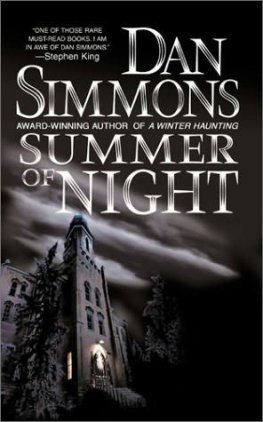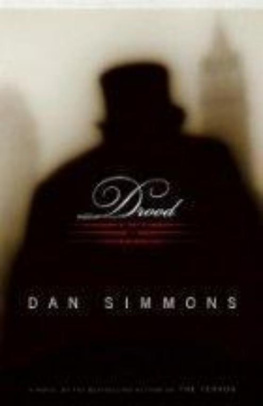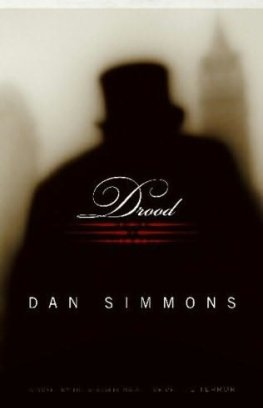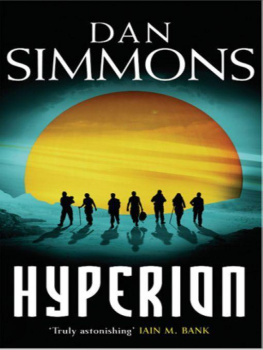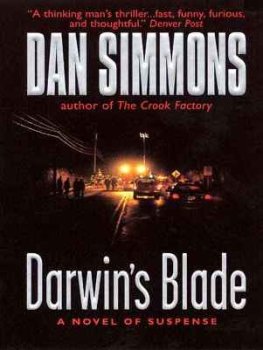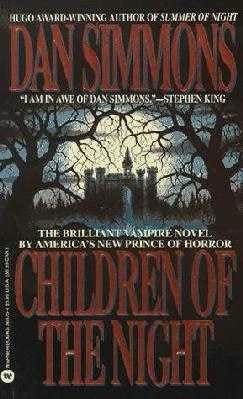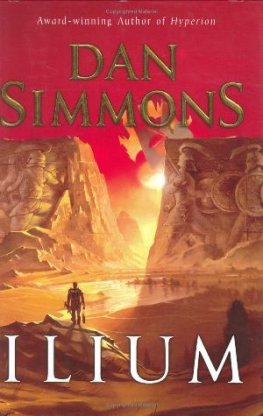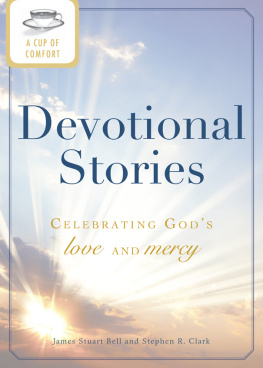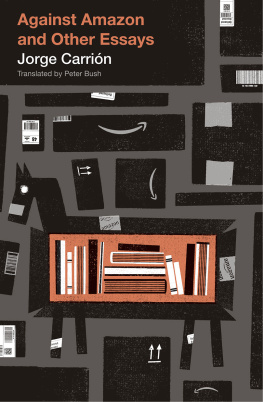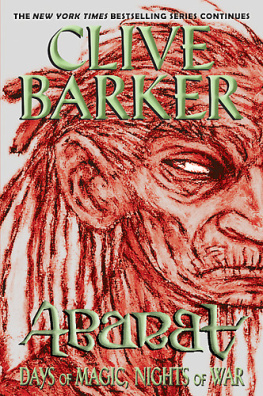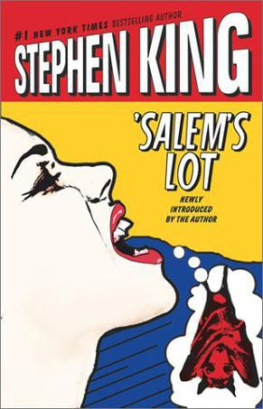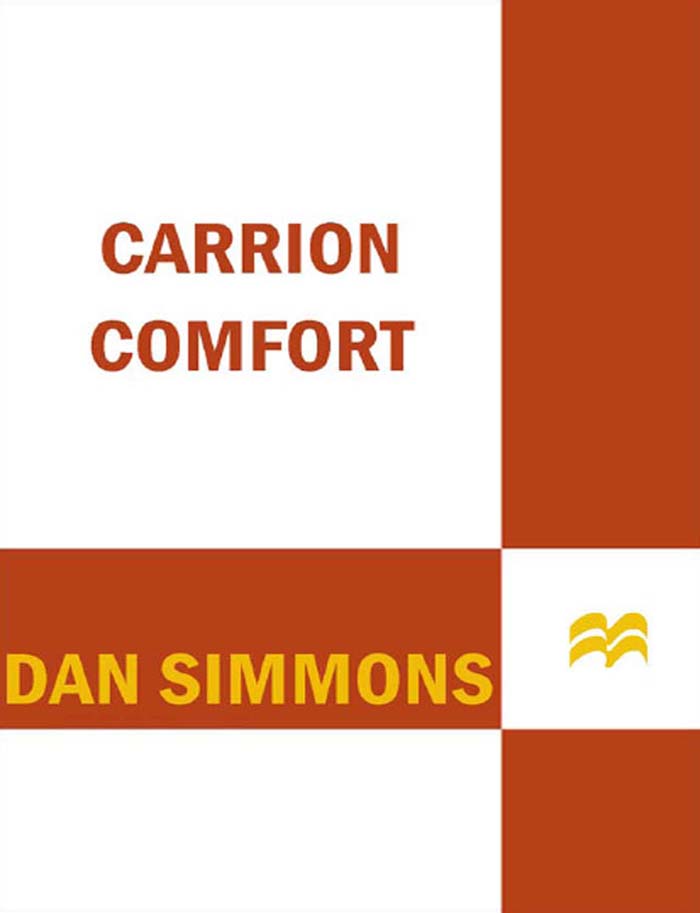This is a work of fiction. All of the characters, organizations, and events portrayed in this novel are either products of the authors imagination or are used fictitiously.
THOMAS DUNNE BOOKS.
An imprint of St. Martins Press.
CARRION COMFORT. Copyright 1989 by Dan Simmons. All rights reserved. Printed in the United States of America. For information, address St. Martins Press, 175 Fifth Avenue, New York, N.Y. 10010.
Simmons, Dan.
Carrion comfort / Dan Simmons. 1st St. Martins Griffin ed.
p. cm.
1. VampiresFiction. 2. Psychic abilityFiction. I. Title.
First St. Martins Griffin Edition: December 2009
ACKNOWLEDGMENTS
A ny book which successfully makes the Long Crossing to publication has been assisted by more minds and hands than the authors alone, but a novel of this size and scope accrues more debts than most. I would like to acknowledge with thanks some of those individuals who helped Carrion Comfort defy tempest and tides and storms at sea to reach safe harbor at last:
Dean R. Koontz, whose kind encouragement was as perfectly timed as it was generous.
Richard Curtis, whose persistence and professionalism are appreciated.
Paul Mikol, whose taste is impeccable and whose friendship is prized.
Brian Thomsen, whose love of chess and respect for history is appreciated.
Simon Hawke, Armorer in the tradition of Geoffrey Boothroyd.
Arleen Tennis, typist extraordinaire, for those hot summer days spent dealing with the next-to-last versions of the revised revisions.
Claudia Logerquist, for patiently reminding me that umlauts and diacritics shouldnt be sprinkled randomly, like salt.
Wolf Blitzer of the Jerusalem Post, for his help in tracking down the best falafel stand in Haifa.
Ellen Datlow, who said there couldnt be a sequel to the novella.
And very special thanks must go to...
Kathy Sherman, who enthusiastically entered into artistic collaboration on short notice and even shorter wages.
My daughter Jane, whose patient wait for Dad to finish his scary book has stretched across two-thirds of her lifetime.
Karen, who couldnt wait to see what happened next.
And finally, most sincerely, thanks to Edward Bryant, the gentleman and fine writer to whom this book is dedicated.
INTRODUCTION TO THE
TWENTIETH ANNIVERSARY
EDITION OF CARRION
COMFORT
by Dan Simmons
R eader, I hate to be the one to break it to you, but blood-drinking, form-shifting, bat-flying, kill-with-a-stake-in-the-heart, walking-undead vampires arent real. Theyre purely fictional constructs. Youll have to trust me on this. Ive stalked Vlad Tsepes to his birthplace (in Sighisoara) and grave site on Snagov Island (it was empty) and tumbledown castle (the real one that the Romanians wont talk about, not the tourist trap one at Castle Bran) in Romania and Transylvania and the Carpathian mountains and, I regret to be the one to inform you, Dracula and his blood-slurping ilk are make-believe.
But mind vampires are real.
Few if any of us get through life without being preyed upon by more than one mind vampire. Even children are not exempt from falling victim to these foul fiends.
Mind vampires feed on violence, but the ultimate violence for them is the imposition of their will over yours. I long ago discovered that such an exercise of will and control of one person over another is a form of violence, and one we can all gain an unholy taste for if were allowed to.
As adults, we suffer such mind-vampire attacks in almost all of our jobs some petty, power-mad manager making our work harder and daily life miserable, some administrator or supervisor who revels in exercising arbitrary power over us and then lapping up the violence of that power as if it were warm blood and we also encounter mind vampires in our daily lives, on the highways, in public places, in politics, and, sadly, in too many of our personal relationships.
No one carries scars on their necks from actual blood-drinking vampires, but all of us have psychic mind-vampire scars that heal slowly, if at all. And once invited into our lives, a mind vampire can return whenever he or she or it wants. And they do. Always.
Odds are great that youve met one of the rarest and most dangerous of the mind vampires that live among us, a seemingly normal human being with the Ability, and, if you have, odds are almost 100 percent that this mind vampire has used that unholy Ability to bend your will and to drink from your soul.

I hadnt planned to write an introduction for this Twentieth Anniversary Edition of my 1989 novel Carrion Comfort and, as things have worked out, I have a single day in which to write this. But I welcome the opportunity. With that brief amount of time, this introduction may contain something that most writers, including me, try to avoid in introductions brutal honesty.
I almost never write about the writing side of my novels or stories in any introductions I do (and I tend to avoid introductions in the first place), and even on those rare occasions when Ive commented on the creative side of writing, Ive always avoided the business-anecdote side of any novels history. But in this case, my epic tale of mind vampires living among us and the oddly (or absurdly) epic tale of the writing, sale, editorial struggle, and publishing nightmare of the original versions of Carrion Comfort overlap and interact in a way that might almost be described as meta phorical.
Theres an ugly spiderweb in this true telling that is both fact and meta phor, and being enmeshed like a fly in a deadly spiders web is very much the experience too many of us have felt when encountering those real mind vampires of which I speak. Carrion Comfort started as my second attempt at a novel and it ended as an epic, personality-defining, life-and career-determining struggle with real mind vampires.
So with little art and less polishing, but with a rather unusual level of authorial honesty, Im going to tell you the true tale of the creation of Carrion Comfort and the mind-vampirish spiderweb of nightmare that this book led me into over a period of several wonderful and intensely painful years.
Carrion Comfort is the only published piece Ive done based on a dream image.
Now, its rumored that some writers base their fiction on dreams, although I havent met many of those writers. (I tend to hang around professionals, who tend not to depend upon dreams, drugs, or inspirations.) Many readers and nonliterary sorts just assume that we writers are constantly finding inspiration in our dreams, but save for the occasional vivid image, dreams are an unreliable energy source for plotting and tale-telling and I for one have never depended on them.


